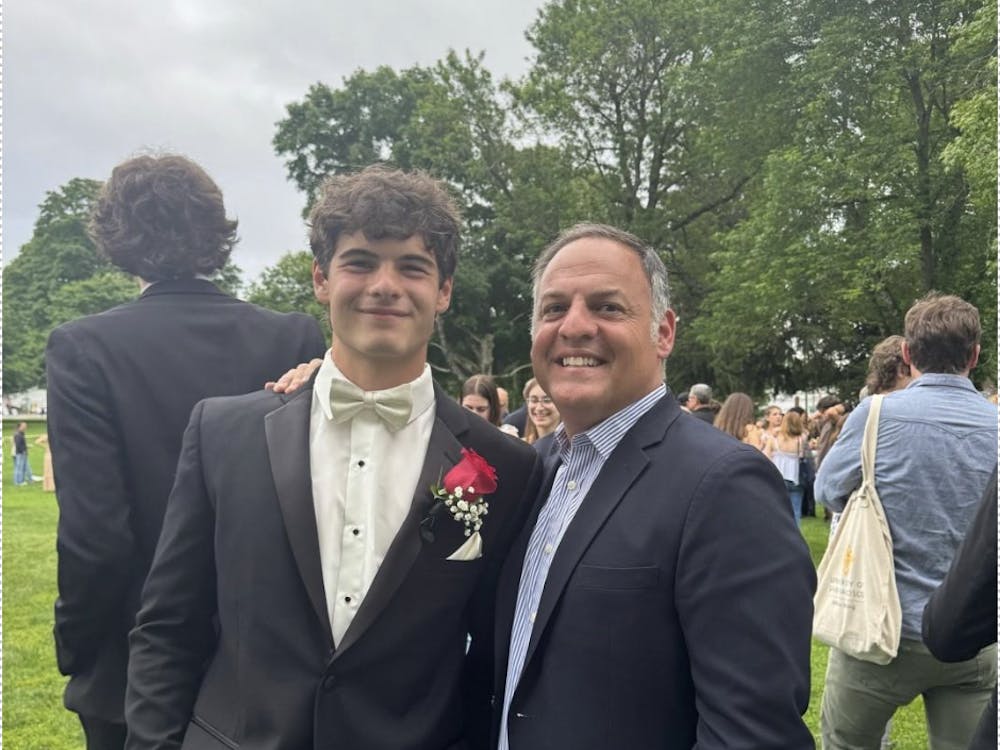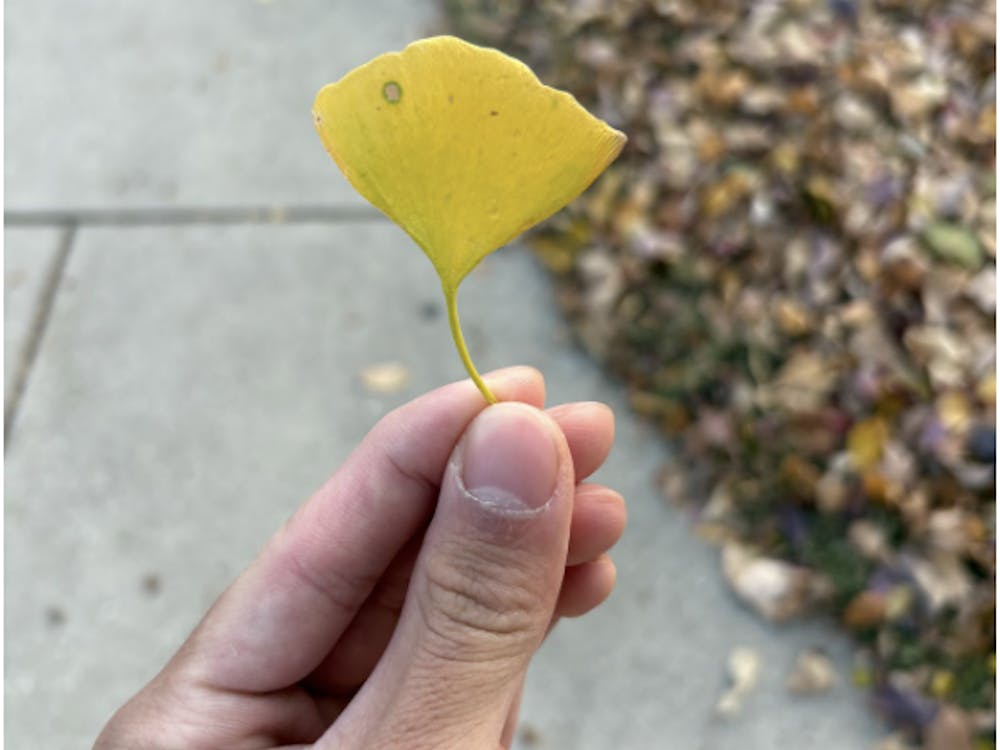Last Friday, the seventh of February, would have been J Dilla’s 40th birthday.
Despite his unfortunate death back in 2006, J Dilla is still considered to be one of the most influential hip-hop producers, from when his start in the 90’s up until his passing. Not only has he influenced hip-hop artists, but he has served as an inspiration for musicians from all genres. Countless artists (Joey Bada$$, Kendrick Lamar, Chance the Rapper, Q-Tip, Pete Rock, Madlib, The Roots, just to name a few) have either sampled J Dilla or have paid tribute to him in some form. He has had a huge influence on the newest generation of jazz musicians signed at Blue Note Records, including pianist Robert Glasper and bassist Derrick Hodge. The UK garage duo Disclosure cites him as a major influence, even sampling him in their song “Grab Her” off their debut LP, Settle. The sounds of experimental electronic producer Flying Lotus is probably the closest you’ll get to hearing J Dilla embracing modern technology. This barely covers everyone that J Dilla has inspired in some shape or form.
Born James Dewitt Yancey on Feb. 7, 1974 in Detroit, J Dilla (also known as Jay Dee) developed a deep musical knowledge from a young age, thanks to his parents’ musical background (his mother is a former opera singer and his father was a bassist), and he began collecting vinyls as a toddler. He took up beatmaking by using a simple tape deck, spending most of his teenage years expanding his record collection and improving upon his use of the tape deck.
While he enjoyed a wide range of genres, J Dilla developed an increased interest in hip-hop while in high school. It was during this time that he met and befriended T3 and Baatin, the two people with whom he would form the rap group Slum Village in 1996. They recorded their debut, Fan-Tas-Tic (Vol 1.), in Dilla’s home studio that same year, and finally released it in 1997. Upon release, the album quickly became popular among fans of Detroit hip-hop and it gained the attention of the likes of Q-Tip, who considered the group as the successor to his group, A Tribe Called Quest.
By this point, J Dilla was considered a major hip-hop prospect and had a slew of single and remix projects with Busta Rhymes, Janet Jackson, Pharcyde, De La Soul, A Tribe Called Quest, Q-Tip, and many others. In 2000, Slum Village made their major label debut with Fantastic, Vol. 2, which created a larger following for J Dilla. His much lauded production work, especially on this album, marked what would be the direction that would be taken by the neo soul genre.
Additionally, J Dilla was a founding member of the production collective known as the Soulquarians, collaborating with Questlove, D’Angelo, Q-Tip, James Poyser, Bilal, Talib Kweli, Erykah Badu, and Common (the latter of who would release a breakthrough album, Like Water for Chocolate, featuring the major contributions of Jay Dee).
In 2001, J Dilla decided to go solo, leaving Slum Village and releasing the LP Welcome 2 Detroit, which further cemented his status as a virtuosic beatmaker who could create an album of hip-hop beats that demonstrated a wide range of musical influences. Within the next five years, J Dilla would go on to release two more albums (Ruff Draft and Donuts), and a collaboration album with LA-based producer Madlib (Champion Sound), under the name “Jaylib.”
His output slowed down after 2004, with his health slowly deteriorating as he went public about his health problems that resulted from his dramatic weight loss. By 2005, J Dilla toured Europe performing from a wheelchair, later revealing that he was suffering from a rare blood disease. J Dilla died on Feb. 10, 2006, three days after the release of his last album, Donuts.
Since then, there has been an increased amount of interest in his remaining catalog, and now more than ever do people appreciate Dilla’s influence on production. While the world lost a talented musician, a whole generation of musicians still carries his memory on, using his music, both past and posthumous releases, as inspiration for their own creative endeavors.




